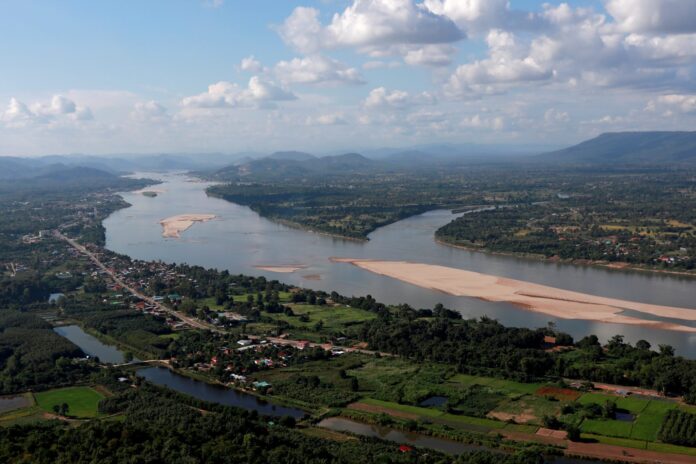The sharing of data between riparian nations is essential for the effective management of water resources in the Mekong area, especially in light of climate change. The “Procedures for Data and Information Exchange and Sharing” are a set of procedural guidelines for multilateral data sharing that have been accepted by the four Mekong riparian nations of Cambodia, Lao PDR, Thailand, and Vietnam since 2001. (PDIES). The Mekong River Commission (MRC) has benefited from this program in a number of ways, including the ability to give real-time water level information and more precise flood forecasts.
While the PDIES has been instrumental in facilitating the exchange of information about topography, natural resources, agriculture, navigation, transportation, flood management, infrastructure, urbanization, industrialization, environment, socioeconomics, and tourism, the exchange of other water-related data is still restricted to specific goals and is subject to the consent of the MRC member countries.
A crucial framework for promoting and increasing the exchange of water data among the governments in the area has been recognized as the Mekong Lancang Cooperation (MLC), which includes China and six other nations. In June 2019, the six nations signed the initial five-year Memorandum of Understanding (MoU) on the provision of hydrological data.
While hydrological data from Mekong gauges is now publicly available, operational data from China’s upstream dams is still kept secret, with the exception of notices of significant changes in dam operations. The severity of the 2019–2020 drought is allegedly attributable to China’s 11 upstream hydropower dams on the Mekong, known as the Lancang in China, according to representatives of the US Government.
Although the LMC and MRC agreed to conduct a collaborative research on the reasons behind the 2019 drought and low flows in December 2019, the progress of this study has not been made public. More data sharing on the retention operations of dams along the length of the river is being demanded by activists in the Lower Mekong Basin.
To address challenges including low rainfall levels, flood pulses, salination, and erosion of the Mekong Delta, government agencies, funding organizations, and scientists are increasingly asking for increased water data sharing in the context of the transboundary Mekong-Lancang River.





